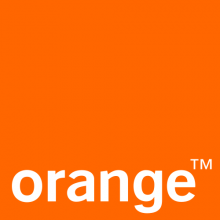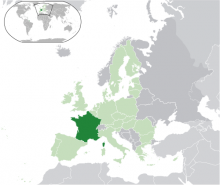France fingered as source of Syria-spying Babar malware
France's spy agency has been fingered as the likely author of complex reconnaissance malware, researchers say.
The Casper malware is one of a handful with links to the Babar spy program which leaked NSA documents revealed last month to be the handiwork of France's Direction Générale de la Sécurité Extérieure (General Directorate for External Security or DGSE).









































































